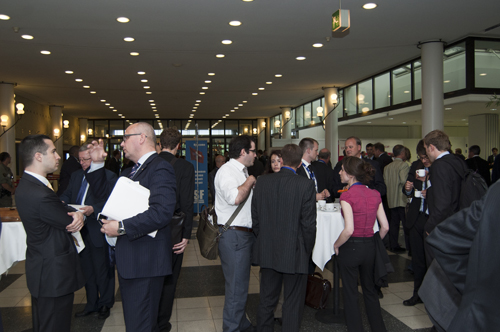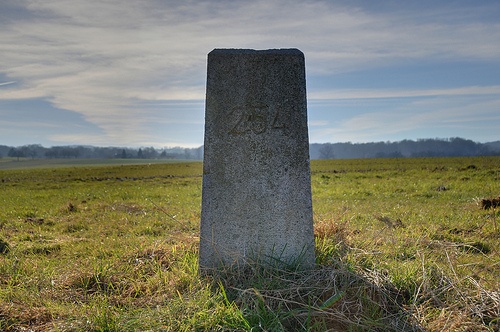
Dear Reader,
It’s been almost a month since the 9th International Security Forum (ISF) came to a close. In case you need further political inspiration and don’t want to wait until the next ISF, here’s a brief list of upcoming international events for your calendar.
Cannes Water Symposium
29 June – 1 July 2011, Cannes, France
Since 1999, the Cannes Water Symposium has become a key International Forum on various issues related to water, the sea and sustainable development. The 13th annual conference will take place in the Palais des Festivals in Cannes and will gather professionals, scientists and political decision-makers — all specialists on Water and the Environment. The conference will comprise scientific and technological workshops on 1) developing innovative and clean harbors and waterways, 2) sanitation, and 3) water quality and health.
EU as a Global Actor: From the Inside Out: The Internal Development of the European Union and its Future Role in an Interdependent World
7 – 10 July 2011, Berlin, Germany
“The EU as a Global Actor” is an international conference held by the Institute for Cultural Diplomacy in cooperation with other leading organizations. The conference aims to consider the political, economic, and cultural development of the European Union, both as a regional organization and as a key player in global affairs. It aims to explore the challenges and opportunities facing the EU with respect to internal reform and growth, while also reflecting on the roles and responsibilities the organization faces on the global stage.
7th International Internet Law & Politics Conference 2011
11 – 12 July 2011, Barcelona, Spain
The 7th International Internet Law & Politics Conference (IDP, Internet, Derecho y Política), will focus on the current Net Neutrality debate and its consequences for the development of the Internet from both legal and political standpoints.


